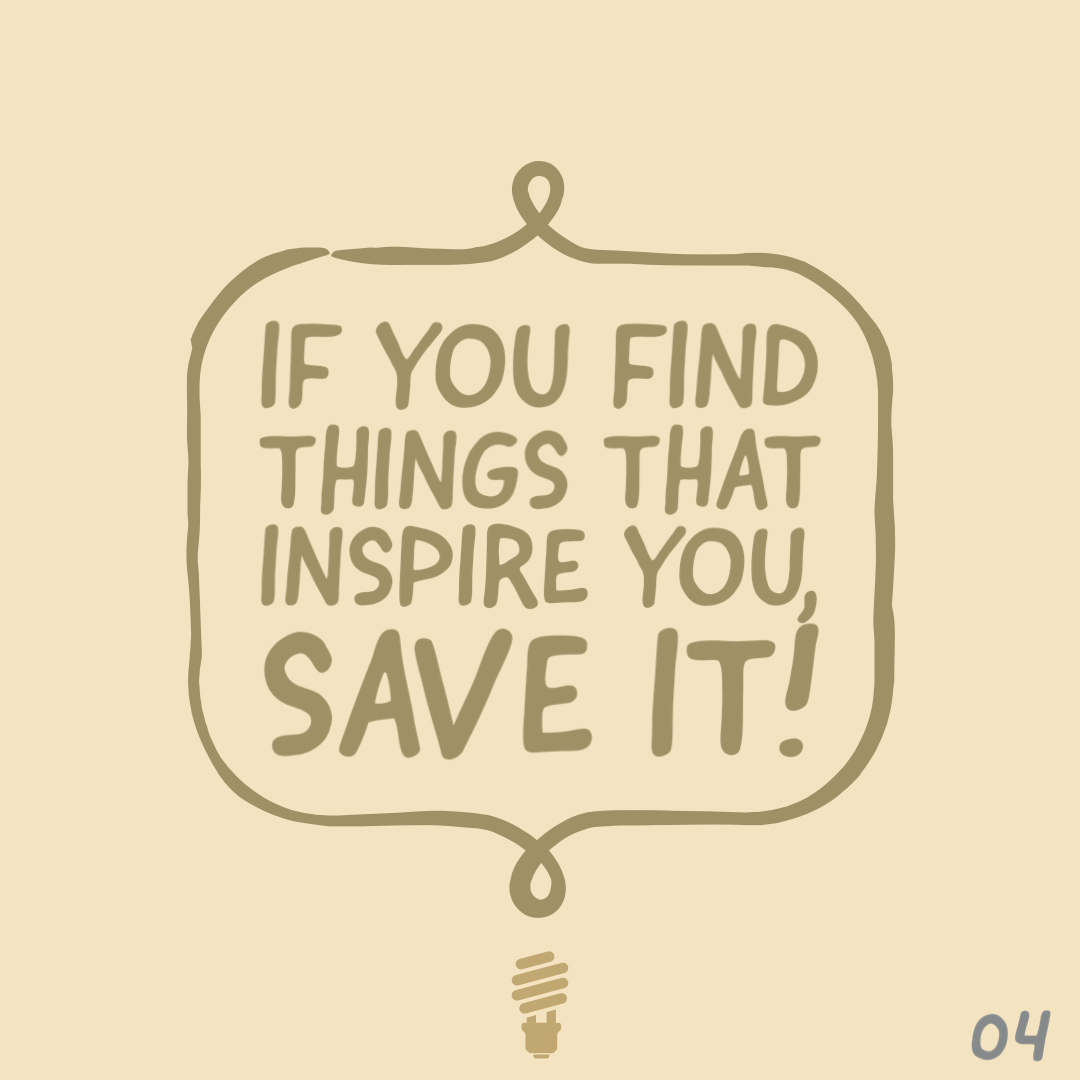3 Habits I Adopted To Take My Art To The Next Level
Intro
Welcome back! In recent times one of my obsessions have been to push past my own limits as an artist. While I have had a growth mindset since I could remember, it hasn’t been to this effect before. I’ve felt stuck, artistically over the past few years or so. It doesn’t feel great to drag your feet in something that you look to as a creative outlet. I got tired of feeling this way and wanted to do something about it, but it wasn’t until I made a conscious decision to approach the creative process differently, that I was able to grow. These are 3 habits I started to get me to the next level.
When you practice, have a goal in mind
The first step to improvement is to be conscious about wanting to improve. Goals are a great way to chart progress and to see your growth. This sounds pretty obvious, but I had not really thought about it in this way before, at least when it comes to my art. I used to be very impulsive when I would make art. I rarely thought about what I wanted to make (for short films it was a bit different). I would essentially scribble around until a cool idea popped up in my head, and than pursue that.
Now, instead of doing that, I try to have a goal in mind when I create. It doesn’t have to be big. Sometimes I’ll say “I want to make a funny face” or “I want to flesh out a new style”, and than take the time to develop that. Growth is much easier to make when you plot out *what* you’re trying to grow.
Keep everything you make
Here’s a personal detail: If I have finished a piece, I generally will save it in some form, but if it’s not complete, or not in a sketchbook locked somewhere, there’s a good chance I’ll probably have deleted it. It’s not so bad in recent years, and especially these days, but before I graduated college, I didn’t really take archival seriously. Now I do. In fact, I take archival so seriously, that I have different types of archives. I save everything now. Thoughts, sketches, finished pieces, notes and so on. If I put it out in the world in some way, I’m going to store it the best I can.
This helps with your growth in the most obvious way: progress reports. But it also helps because there might be things you have developed, but are unfinished and those ideas can be used to build your current or future ideas that you’re more excited about. Essentially it spreads the work you do across longer stretches of time to make the actual process of working a bit quicker, all the while building on your history in surprising ways. If you throw things away, it’s like throwing progress away, so keep everything that you can and let that help guide your path to mastery
Create a reference library
This is something I really wish I would have done earlier. I did pretty much all the heavy lifting of creating pieces in my mind, thinking it made me some kind of a “purer” artist, but really what it does is keep you from being prolific and increases your chances of burning out. By “purity” I mean from mind all the way to paper there’s really no conscious outside influence. I wouldn’t look at a picture and say “That’s inspiring, I want to give a nod to that”. I would focus purely on what my own faculties were able to create. It took a lot of growing up to move past this very juvenile way of thinking. I’m not saying abandon an attempt at your own voice, but there’s no problem in looking to how others did things to help you along in developing your work.
No man is an island.
If you find things that inspire you, save it! Use it for something you want to make later. You can also just have it to look at to build inspiration. Ultimately, you chip away at the time you ruminate about an idea, and trade it for more “doing work”. It might seem like a small thing, but as you learn from the masters, you pick up on things that will lift up your own art. Anything from motifs, to poses, to color and mood and what have you can be learned passively from this kind of reference and observation. Surround yourself with greatness and you will become great.
Outro
The path of progress is never linear. You will always have peaks and valleys, highs and lows. That is why it is important to develop constructive habits to keep you moving in times of uncertainty. The strength of consistency of your abilities are 1:1 with how strong and consistent you stick to your habits. With enough time, those peaks and valleys can be something you can directly manipulate, empowering you to continue your pursuit of mastery.




